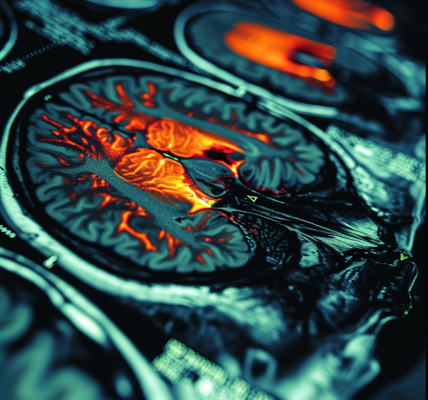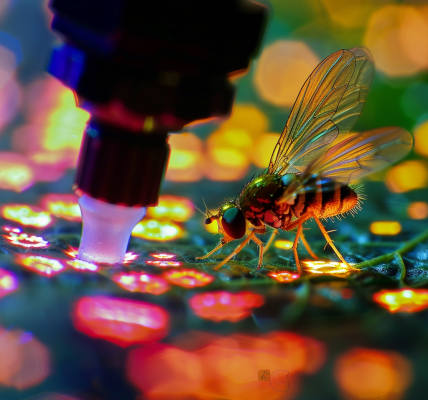A new study published in Nature Communications has revealed intriguing findings about the genetic basis of human handedness. The research, conducted by Dick Schijven, Sourena Soheili-Nezhad, Simon E. Fisher, and Clyde Francks, suggests that rare protein-altering variants may play a significant role in determining left-handedness.
The study, which involved exome data from 38,043 left-handed and 313,271 right-handed individuals from the UK Biobank, found that the beta-tubulin gene TUBB4B showed exome-wide significant association with left-handedness. The rate of rare coding variants in TUBB4B was 2.7 times higher in left-handers compared to right-handers, with the variants mostly consisting of heterozygous missense changes and two frameshifts found exclusively in left-handers.
Furthermore, the research identified evidence for rare coding variant association with left-handedness in genes previously implicated in autism or schizophrenia, such as DSCAM and FOXP1. The exome-wide heritability of left-handedness due to rare coding variants was estimated to be 0.91%, shedding light on the genetic underpinnings of this trait.
These findings provide compelling evidence for the involvement of microtubules and disorder-relevant genes in the determination of left-handedness. The study’s implications extend to our understanding of brain hemispheric specialization and neurodevelopmental disorders, offering valuable insights into the genetic factors influencing human handedness.
Overall, this research contributes to a deeper understanding of the complex interplay between genetics and handedness, opening up new avenues for exploring the biological mechanisms underlying this intriguing aspect of human behavior.





